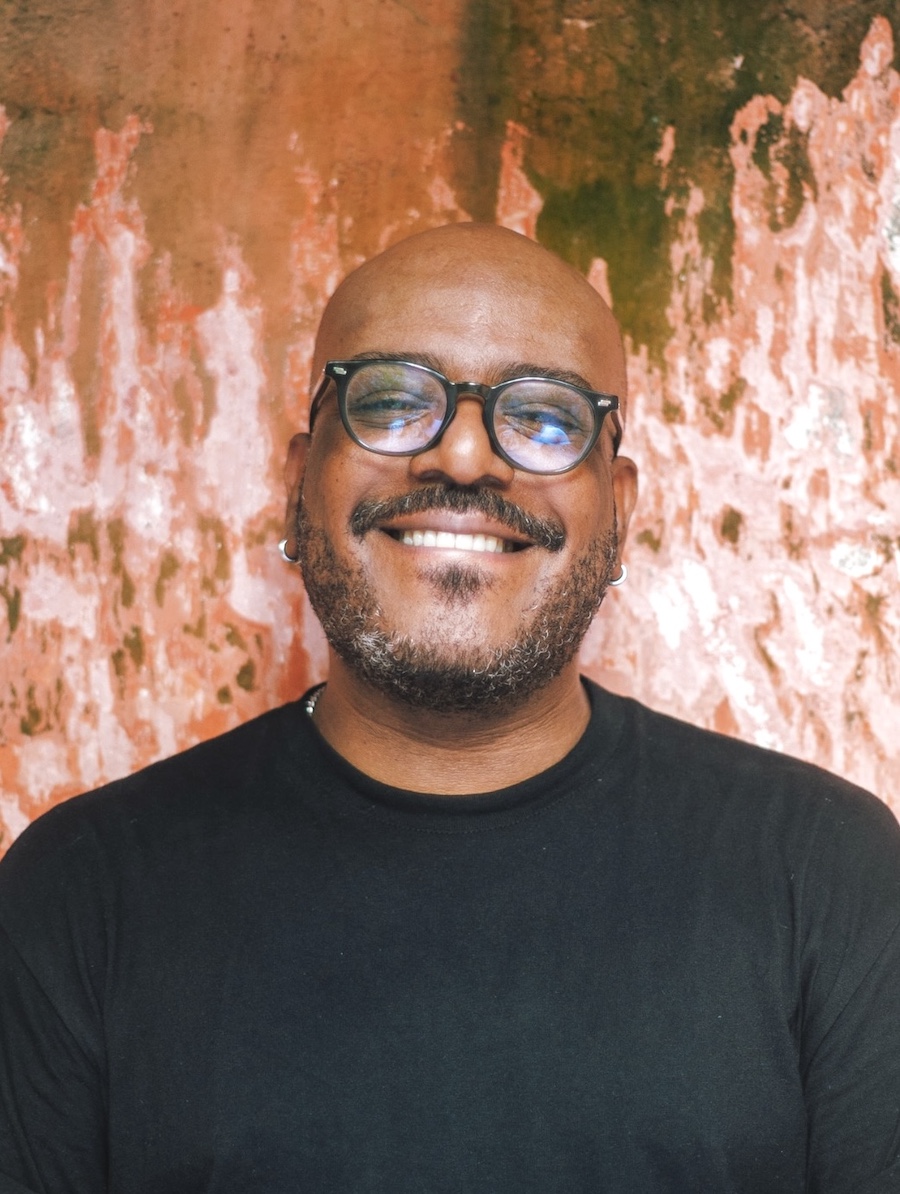Search
To search for an exact match, type the word or phrase you want in quotation marks.
A*DESK has been offering since 2002 contents about criticism and contemporary art. A*DESK has become consolidated thanks to all those who have believed in the project, all those who have followed us, debating, participating and collaborating. Many people have collaborated with A*DESK, and continue to do so. Their efforts, knowledge and belief in the project are what make it grow internationally. At A*DESK we have also generated work for over one hundred professionals in culture, from small collaborations with reviews and classes, to more prolonged and intense collaborations.
At A*DESK we believe in the need for free and universal access to culture and knowledge. We want to carry on being independent, remaining open to more ideas and opinions. If you believe in A*DESK, we need your backing to be able to continue. You can now participate in the project by supporting it. You can choose how much you want to contribute to the project.
You can decide how much you want to bring to the project.

Kiko El Crazy has a new dembow song, Cambio y fuera (Over and Out) [1]Kiko El Crazy Ft. El Cheque RD – CAMBIO Y FUERA. https://www.youtube.com/watch?v=8BZY6FaVC1E. The song title strikes me as a slogan to be shouted from the hood, from a loud speaker, to provoke a radical shift. These days, when politics is a dead end, dembow emerges as a non-institutional possibility for imagining change, not as a distant utopia but as a micropolitics of the present, something to dance to, something to be inscribed on one’s body.
In marginal neighborhoods, coming out of loud speakers or from inside religious cults, in ways of speaking and doing that don’t fit into the grammar of the State, there is an archive of maroon technologies that are mixed within the amorphous nature of these ideas.
As an artistic practice, dembow doesn’t need the validation of the museum or the sanction of academic discourse to produce meaning. It passed through bodies, codes, and collective choreographies. It organizes desires, produces a certain ethic of resistance and, above all, it creates community. Where there is a speaker there is a body, territory, energy, and memory, but also dissent.
Dembow has generated a vibrant archive of what is possible, and it has done so from the racialized, feminized, and criminalized historical margins. The communities that inhabit it (in its musical, visual, and spiritual forms) have developed forms of knowledge that disobey academic linearity. And therein lies its power, for there is knowledge that emerges from joy, from gesture, from shouts, from flow.
Knowing what to do with the beat is no small matter, it is a way of reading and writing time. As in spirituality, as in santería, as in ritual dance, rhythm is not entertainment but rather invocation. There is an Afro-syncretic logic (hybrid, abundant, elastic) that runs through both dembow and popular Dominican spiritual practices, from the evangelical Pentecostal cults of barrios[2]Although not recognized or accepted by them, the way in which the Pentecostal evangelical cult manifests itself obeys an Afro-descendant heritage of spirituality. It was born on Azusa Street in Los … Continue reading to the syncretic altars where Erzulie and Jesus Christ coexist without problem in trance and expulsion rituals. There are technologies of hope that are not built from enlightened reason but instead from shouts, drums, broken tongue. From communion.
Be careful with your desire to romanticize what I am saying. Dembow, like all living forms, is full of contradictions. It can also produce violence, treat bodies as commodity, have patriarchal impulses. Even there, though, in its rawness, in its noise, there is a truth that other languages cannot reach. Only in the affective framework it generates could someone like La Delfi have success on the Dominican scene, making us dance with the queerest abandon we have ever seen[3]La Delfi was an openly homosexual and queer dembow singer who was active in the Dominican music scene for several years. He died at the beginning of the Covid-19 pandemic in 2020, just 28 years old.. It has a power of invention and an embodied knowledge that disturbs order, and that, in itself, is a form of disobedience.
From many peoples’ perspective, this genre is often consumed as a tropical spectacle, but dembow isn’t local color, it’s not folklore for the white dance floor. As it filters into global festivals and playlists, it can lose its urgency because the beat comes from somewhere else, from the grocery store, the back alley, the speaker system that keep booming even after the police impose fines. It’s a way of saying: We’re still here even if they don’t want us.
Dembow disobeys not only the global music system but also the logic of stillness, of restraint, of obedience to clear language. Dembow twists things, it breaks with what is legible. It invites us to speak another language, a language of the body, of black flesh, of insistence.
What if there, right there, in that noise incomprehensible to those in power, lies the seed of a different kind of politics? What if, instead of translating dembow into the language of the museum, we let the museum listen to dembow as a prayer? What if, rather than analyzing it, we danced it as a methodology?
Cambio y fuera, Kiko El Crazy’s dembow, has a lot of flow, but the situations it describes make us shout out “Enough!,” it makes us shout out “Things are happening!”
In these times of closed-off futures, possibilities for a better world may not come in the form of theory or public programs but may already be present in forms of knowledge we don’t yet know how to process and in places we haven’t learned to take seriously. In dembow, in an evangelical church from the hood, in a syncretic invocation that summons forces from below. That which can save us might have no translation, but it has a rhythm.
Over and Out.
(Cover photo: Still from the official video clip Cambio y fuera by Kiko El Crazy Featuring El Cheque RD)
| ↑1 | Kiko El Crazy Ft. El Cheque RD – CAMBIO Y FUERA. https://www.youtube.com/watch?v=8BZY6FaVC1E |
|---|---|
| ↑2 | Although not recognized or accepted by them, the way in which the Pentecostal evangelical cult manifests itself obeys an Afro-descendant heritage of spirituality. It was born on Azusa Street in Los Angeles, California, where a Christian community of African Americans led by William J. Seymour inaugurated a practice characterized by intense spiritual experiences that included speaking in tongues and falling into a trance |
| ↑3 | La Delfi was an openly homosexual and queer dembow singer who was active in the Dominican music scene for several years. He died at the beginning of the Covid-19 pandemic in 2020, just 28 years old. |

Luis Graham Castillo is a Dominican curator, communicator, and cultural manager working from frameworks that challenge official narratives in the Dominican Republic and the Caribbean. He designs programs for various interlocal and independent institutions that broaden the understanding of contemporary visual cultures. He resides in Santo Domingo, where he combines his curatorial practice with teaching at the Altos de Chavón School of Design.
Portrait: Alejandro P.
"A desk is a dangerous place from which to watch the world" (John Le Carré)